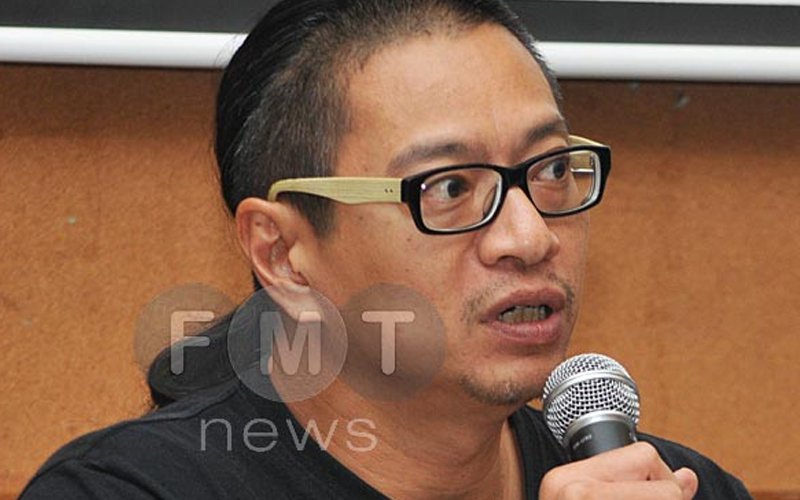Academic tells the difference between free speech and hate speech

(FMT) – An academic has sought to clarify the line between freedom of speech and hate speech following the announcement by the police that several individuals including Minister in the Prime Minister’s Department P Waytha Moorthy would be called in for questioning over allegedly racial and religious statements.
Universiti Malaya law professor Azmi Sharom said in general, freedom of speech should be seen as something beneficial, to be protected.
“Any limitations to freedom of expression have to be done cautiously with the benefit favouring freedom whenever there is doubt,” he told FMT.
When designing laws against hate speech, he said, the common approach would be to only penalise speech that incites violence and harm to others.
“In other words, you have the right to be racist but no right to say things which may cause harm to others, be it physical harm or harm to their right to livelihood, equality and others,” he said.
Commenting on Waytha’s case in particular, Azmi said it was wrong for him to be questioned as he did not believe the minister had been inciting anything.
“Getting Umno angry is not incitement.”
Waytha, along with Umno president Ahmad Zahid Hamidi, Jaringan Melayu Malaysia president Azwanddin Hamzah, Tanah Rata assemblyman Chiong Yoke Kong, Tras assemblyman Chow Yu Hui, Gabungan 3 chairman Ragvinder Singh and deputy chairman Amran Ahmad Nor, and bloggers Lau Shan Thean and Muhamad Edi Mohamad Riyas, also known as Edi Rejang, are said to be in line for questioning by the police as part of investigations into statements touching on racial and religious sensitivities on social media.
This follows the circulation of a video clip earlier this month showing Waytha making allegedly disparaging remarks on supposed human rights violations involving the Indian community in Malaysia.
Ideally, Azmi said, Malaysians should be mature enough to accept differing opinions on matters such as religion.
“But if not, there may be the creation of a law that controls religious discussions, stating for example that we can’t criticise other religions.”
This would be an “infantile but necessary” approach, he said.
He added however that such a law must be applied equally and should not be misused to protect certain groups over others.
He also cautioned that hate speech had real-life implications.
“Only words started the genocide in Rwanda,” he said, referring to the 1994 civil war which was believed to have been started by ethnic propaganda spread through the radio and news.
In July, Minister in the Prime Minister’s Department in charge of religious affairs Mujahid Yusof Rawa proposed the tabling of three bills that would criminalise hate speech on race and religion.
The new bills were the Anti-Discrimination Act, National Harmony and Reconciliation Commission Act and the Religious and Racial Hatred Act.
Under the proposed acts, legal action can be taken against those who fan hatred or insult other races or religions.
Lawyer Syahredzan Johan agreed that it was possible to distinguish hate speech from legitimate freedom of speech and expression, adding that the former was a justifiable restriction on a person’s freedom within human rights laws.
“Speeches which fan racial hatred and incite other people to create unrest and harm are all defined under hate speech,” he told FMT.
He referred to the National Unity Consultative Council’s draft bill on racial and religious hatred, proposed several years ago.
Under the bill, he said, hate speech was defined as any speech inciting or threatening physical harm or damage to property on the basis of race and religion.
Suaram executive director Sevan Doraisamy meanwhile said free speech becomes hate speech when it threatens violence against a person or group.
He acknowledged that restricting hate speech would also restrict freedom of speech, but cautioned that the latter was not absolute.
“In incidents where there is threat of violence and potential for causing death or injury, the person making such speech cannot hide behind free speech as what he or she says could cause irreparable harm to others,” he said.
However, he said raising concerns or making comments based on verifiable facts should not be taken as intent to incite violence against others.
“This is very different from when a person makes false allegations about the ratification of ICERD, or any other issues or policies, and calls for violence as a response,” he said.

